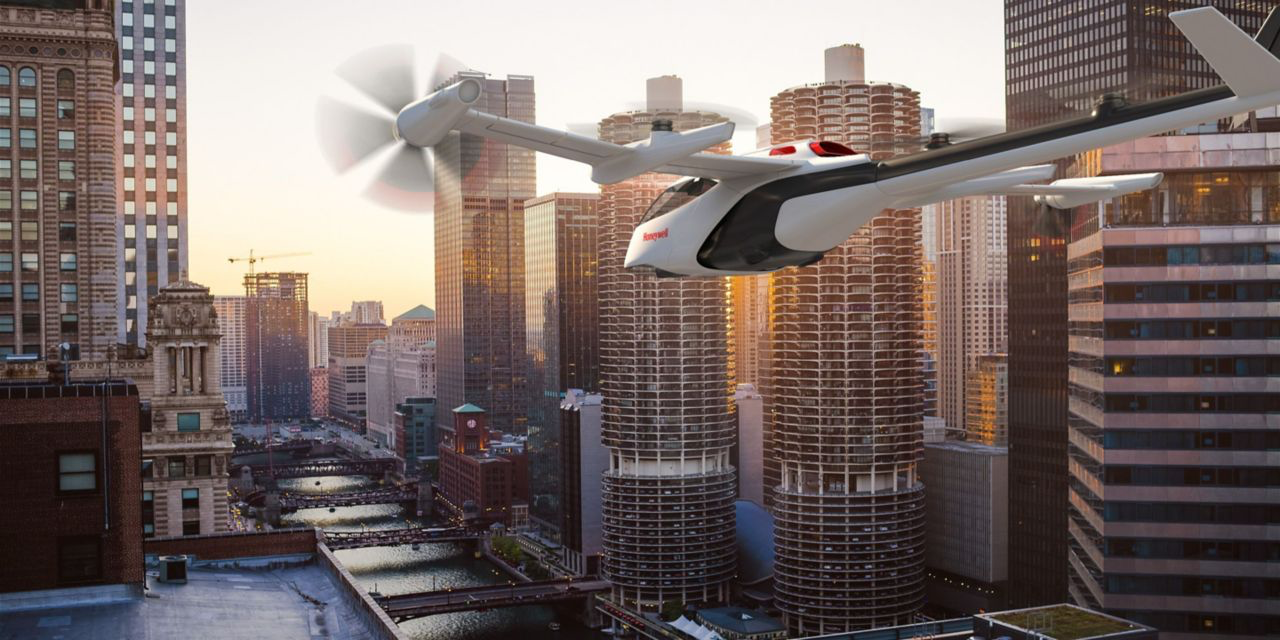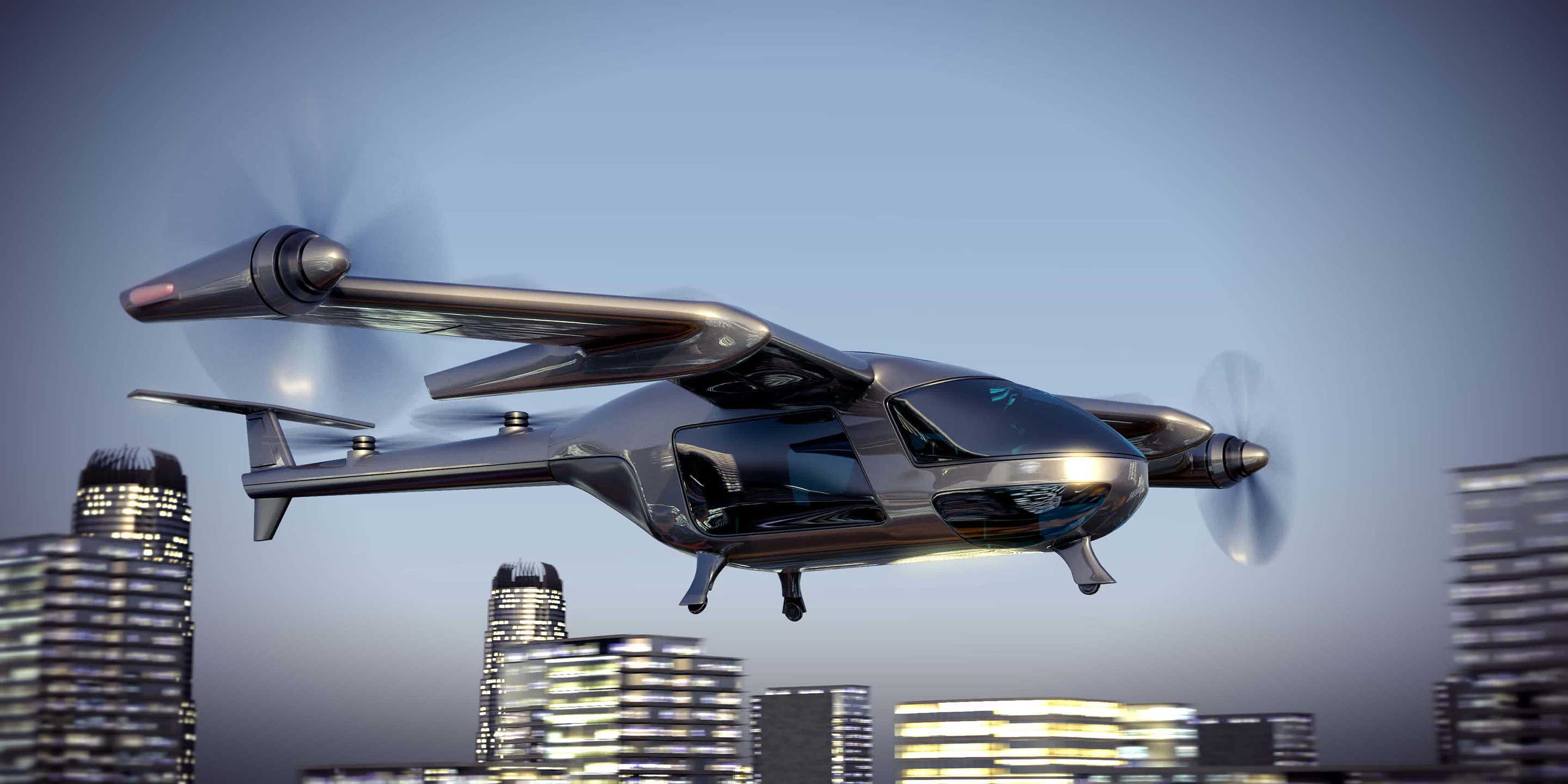SOUTHFIELD, Mich., and PHOENIX, May 24, 2021 /PRNewswire/ — DENSO, a leading mobility supplier, has signed a long-term agreement with aerospace leader Honeywell (NASDAQ: HON), establishing an alliance focused on electric propulsion units to meet new aerospace needs. Drawing from their automotive and aerospace backgrounds, the companies will develop and manufacture electric propulsion systems for aircraft, initially prioritizing the urban air mobility (UAM) segment with a focus on air taxis and delivery vehicles.
DENSO and Honeywell are in advanced discussions with current and prospective customers and intend to deliver flight test configurations of the electric propulsion systems within the next year. This focus on electrified power sources will not only help the companies fulfill UAM’s promise of providing cleaner, safer, more efficient, quieter and freer-moving transportation in and between cities, but also strengthen each company’s efforts to achieve carbon neutrality by 2035.
The formal alliance follows the companies’ initial teaming agreement in 2019. DENSO’s ability to produce quality components at mass scale paired with Honeywell’s storied aerospace expertise make for an alliance ready to take UAM to new heights. Additionally, the alliance’s electric propulsion systems will integrate seamlessly with Honeywell’s fly-by-wire, avionics and actuation systems, extracting the most thrust and lift from every watt of electricity.
Honeywell is one of the world’s leading makers of electronics, engines and mechanical systems for aircraft. Its systems fly on virtually every airliner in the sky, along with thousands of business jets and light aircraft. DENSO, meanwhile, develops advanced technology and components for nearly every make and model of road vehicle in existence today.
The alliance with Honeywell enhances DENSO’s Second Founding, the company’s strategy to provide value beyond a vehicle-centric focus and produce the core technologies for future mobility. It also bolsters DENSO’s two great causes: “Green” — acting environmentally friendly — and “Peace of Mind” — creating a safer and more seamless world for all. These guide DENSO as it leverages its 30-plus years of electrification know-how to create cleaner, more efficient mobility and will help the company reach its 2035 goal to be carbon neutral. Honeywell has also pledged to be carbon neutral in its facilities and operations by 2035.
The two companies will work together to seek customers who can help transform how the world moves, making transportation safer, more sustainable and efficient.




